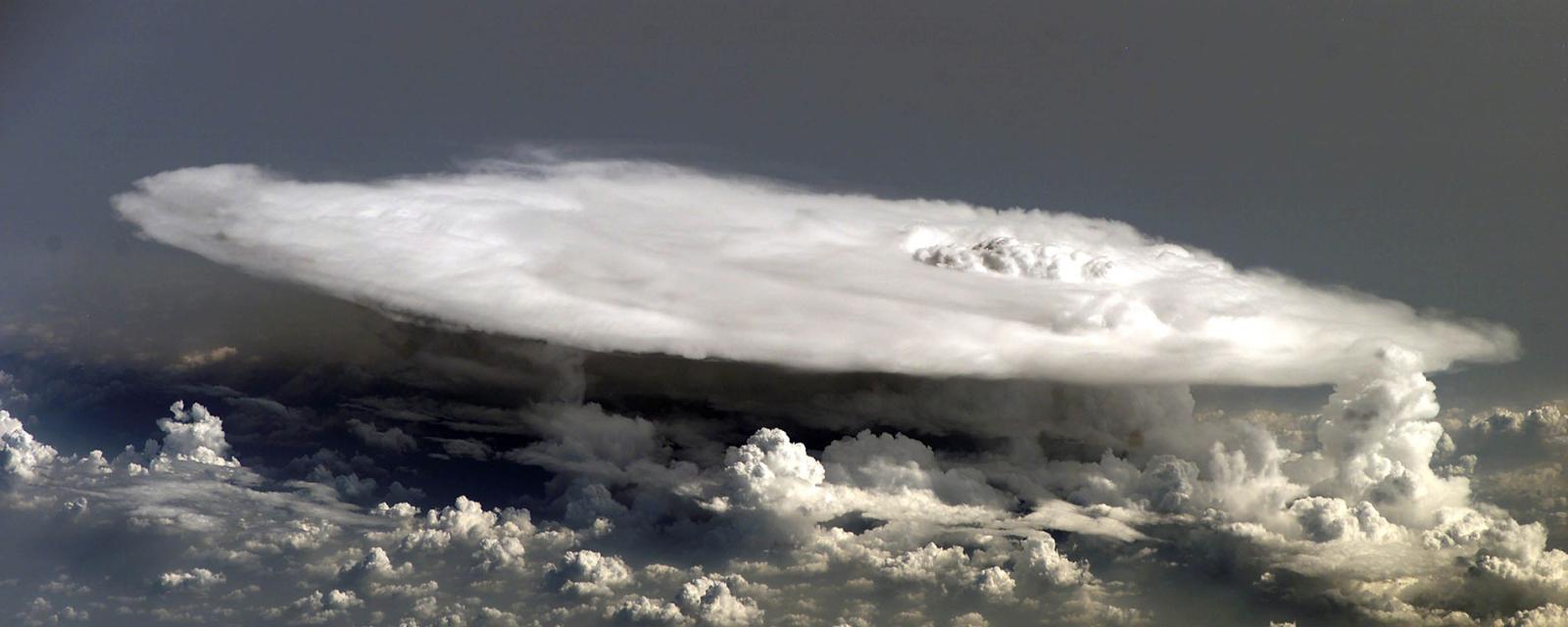
Climate Change
Weather refers to short-term changes in the atmosphere, climate refers to atmospheric changes over longer periods of time. Learn more about the difference between weather and climate
https://www.ncei.noaa.gov/news/weather-vs-climate
NISE Network public programs
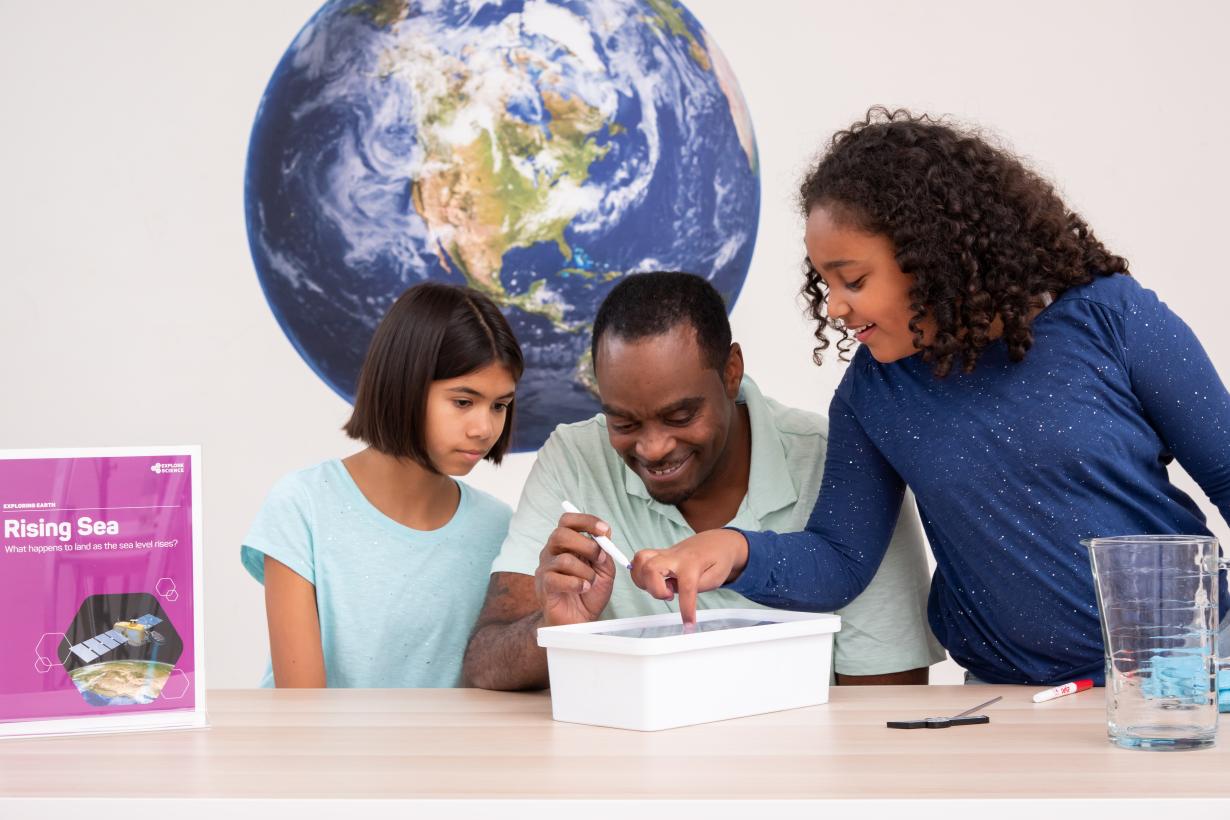
Exploring Earth: Rising Sea
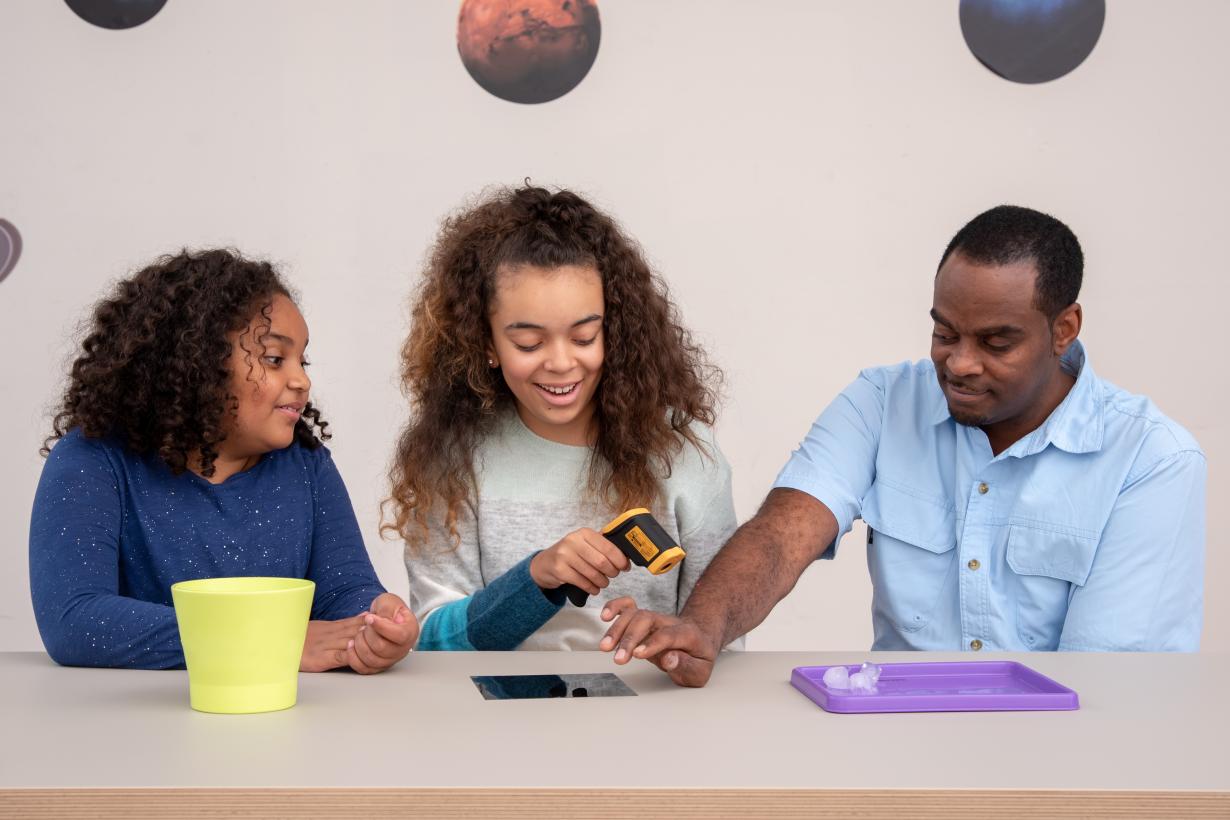
Exploring Earth: Temperature Mapping
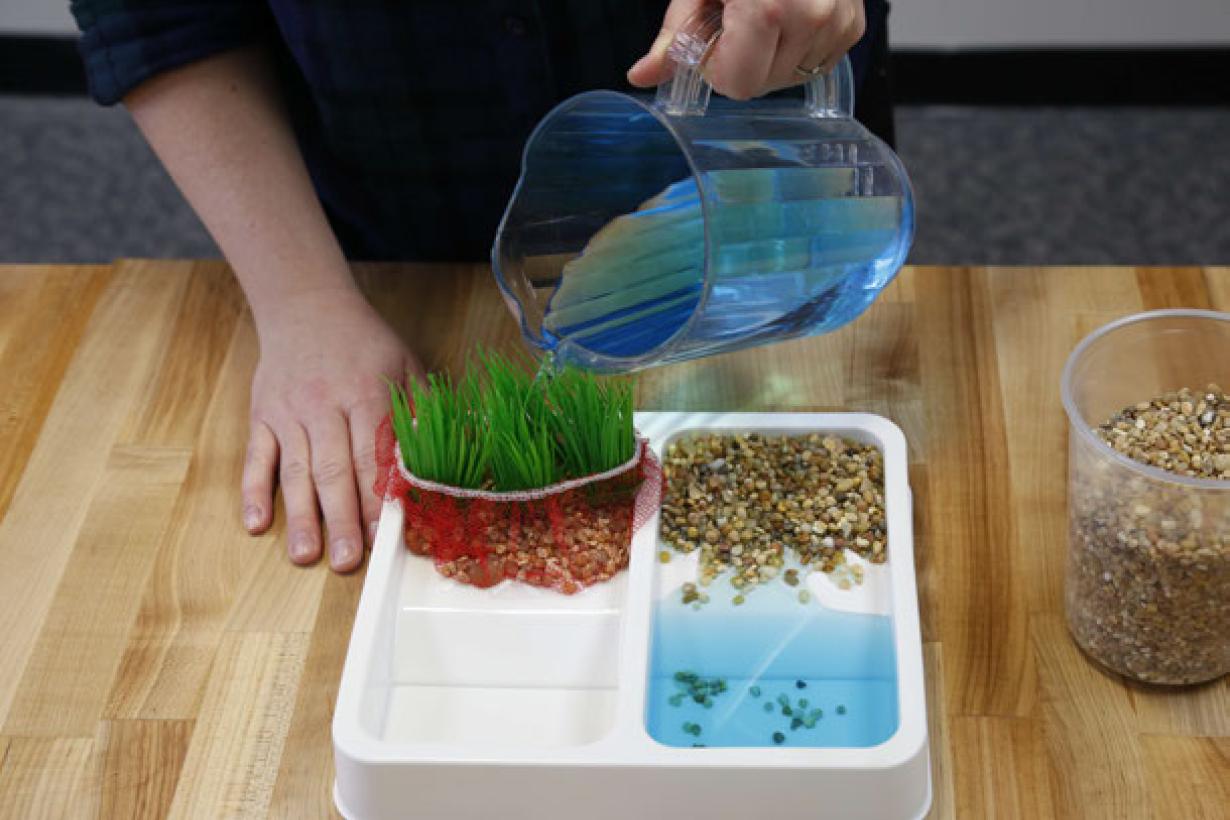
Exploring Earth: Land Cover
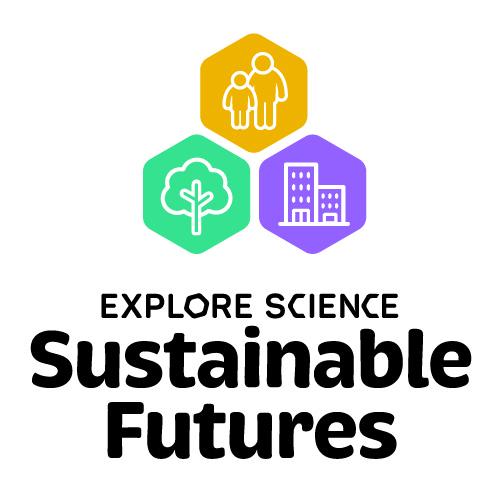
Sustainable Futures collection of public programs
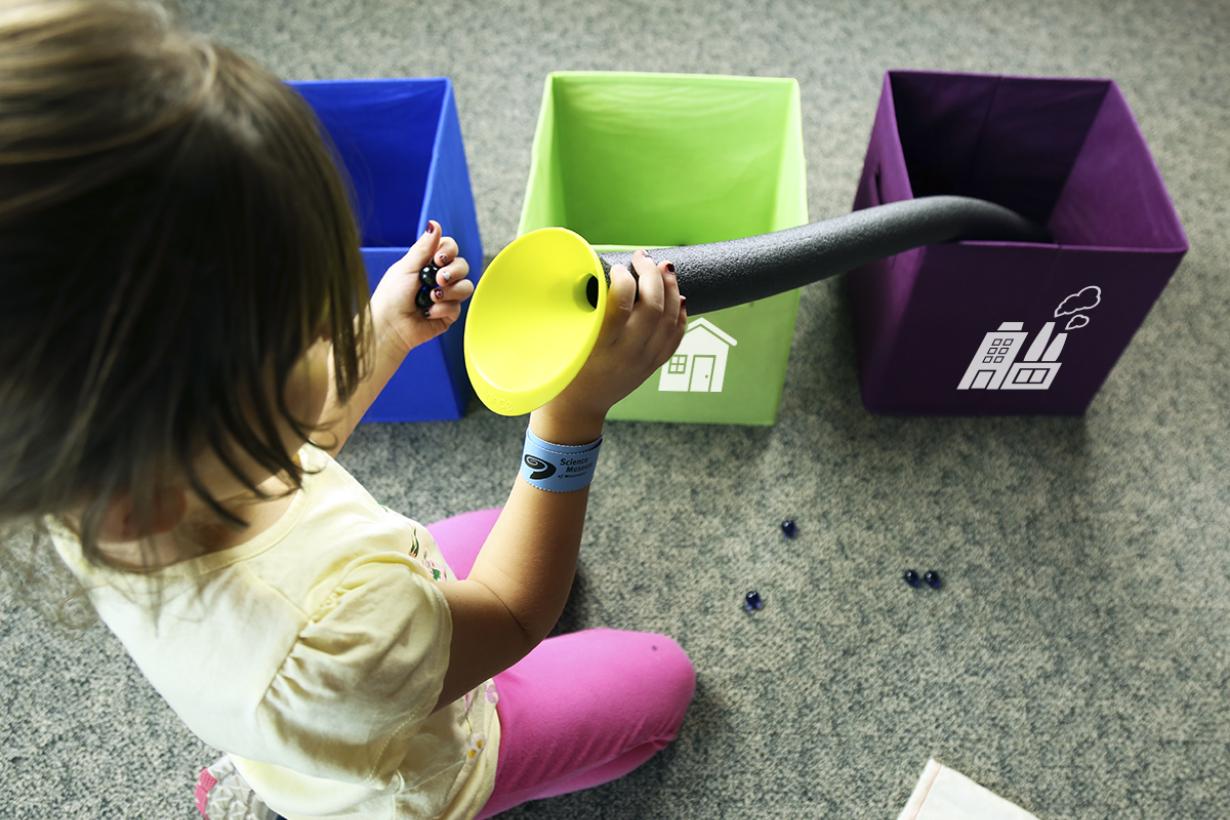
SustainABLE Kit
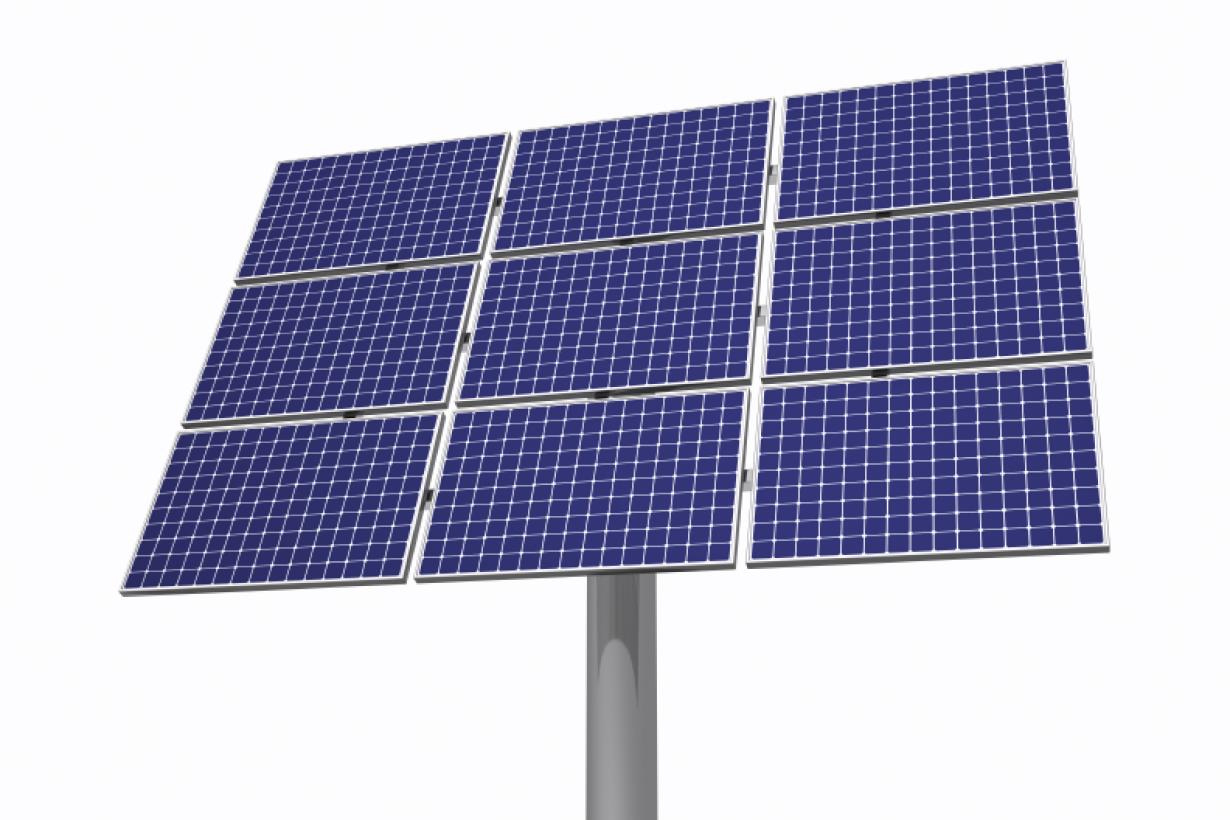
Energy Challenges, Nanotech Solutions?
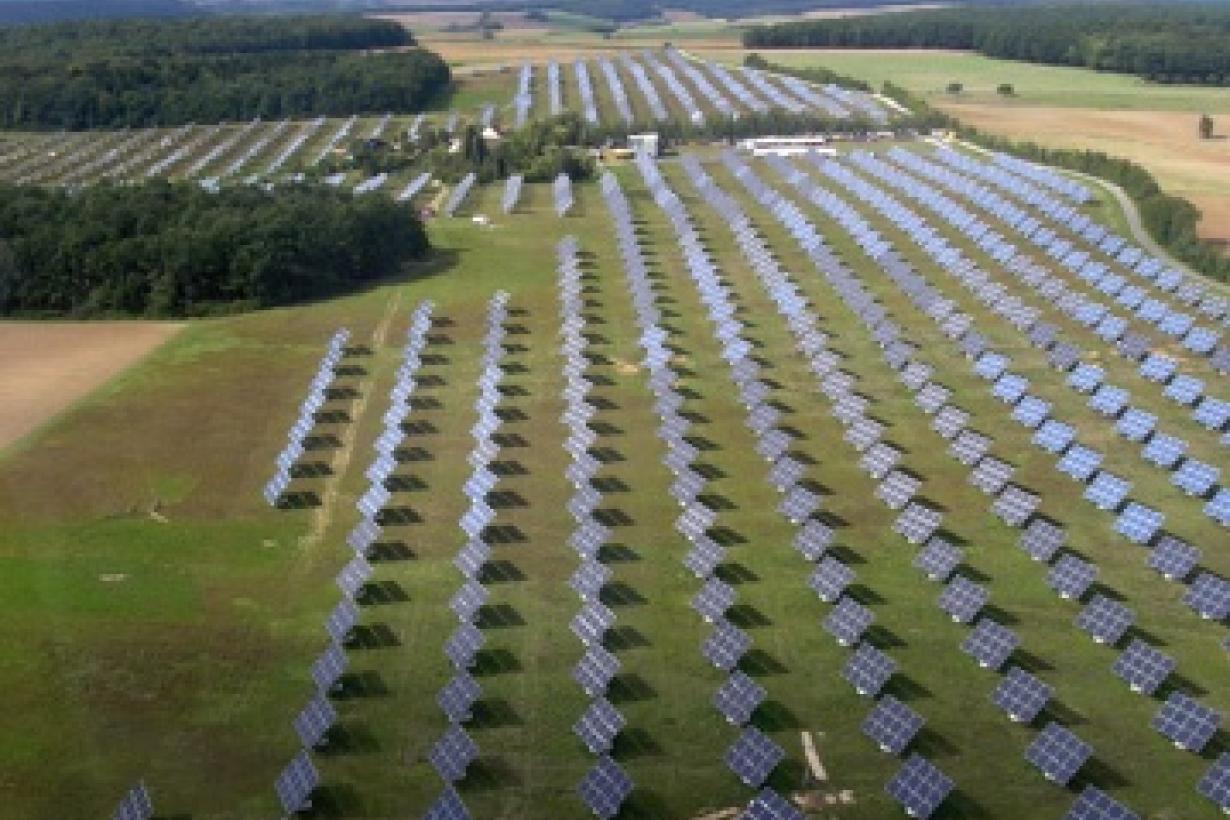
Tiny Solutions to Our Big Energy Problem
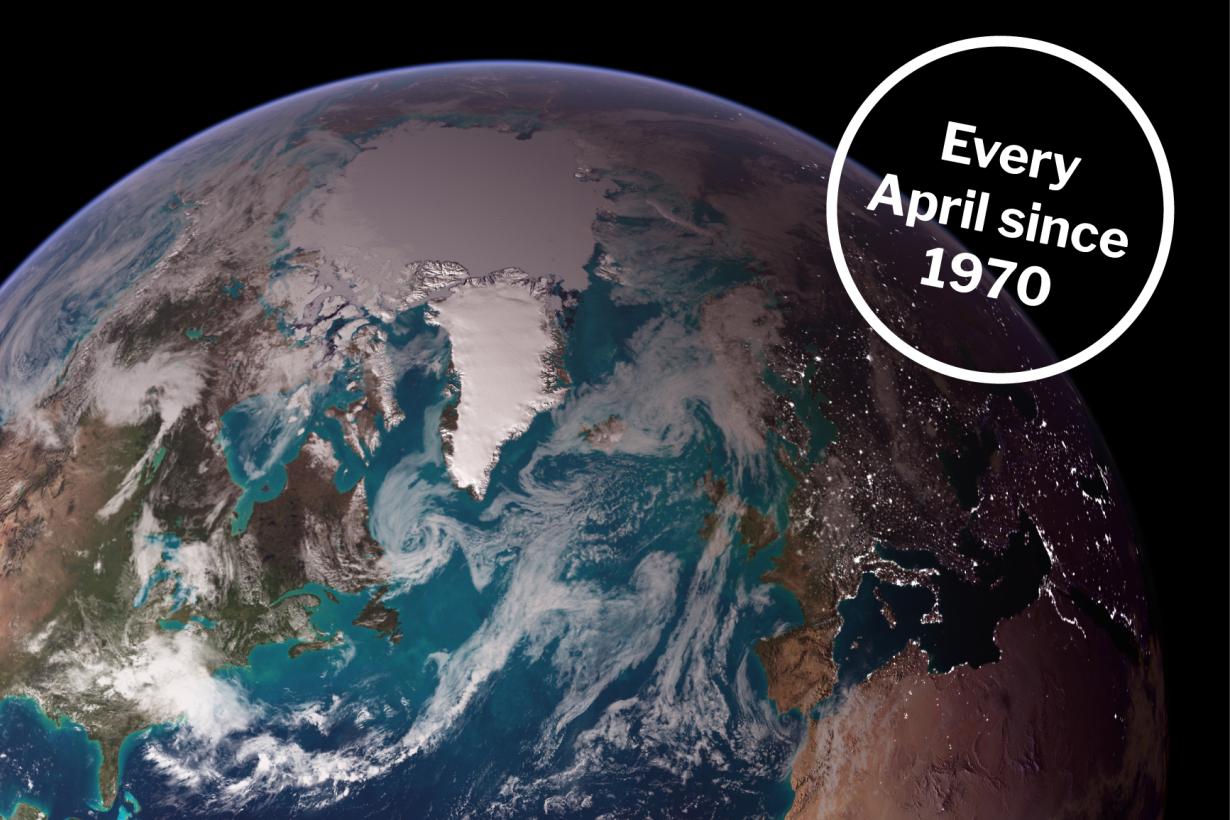
Earth Day
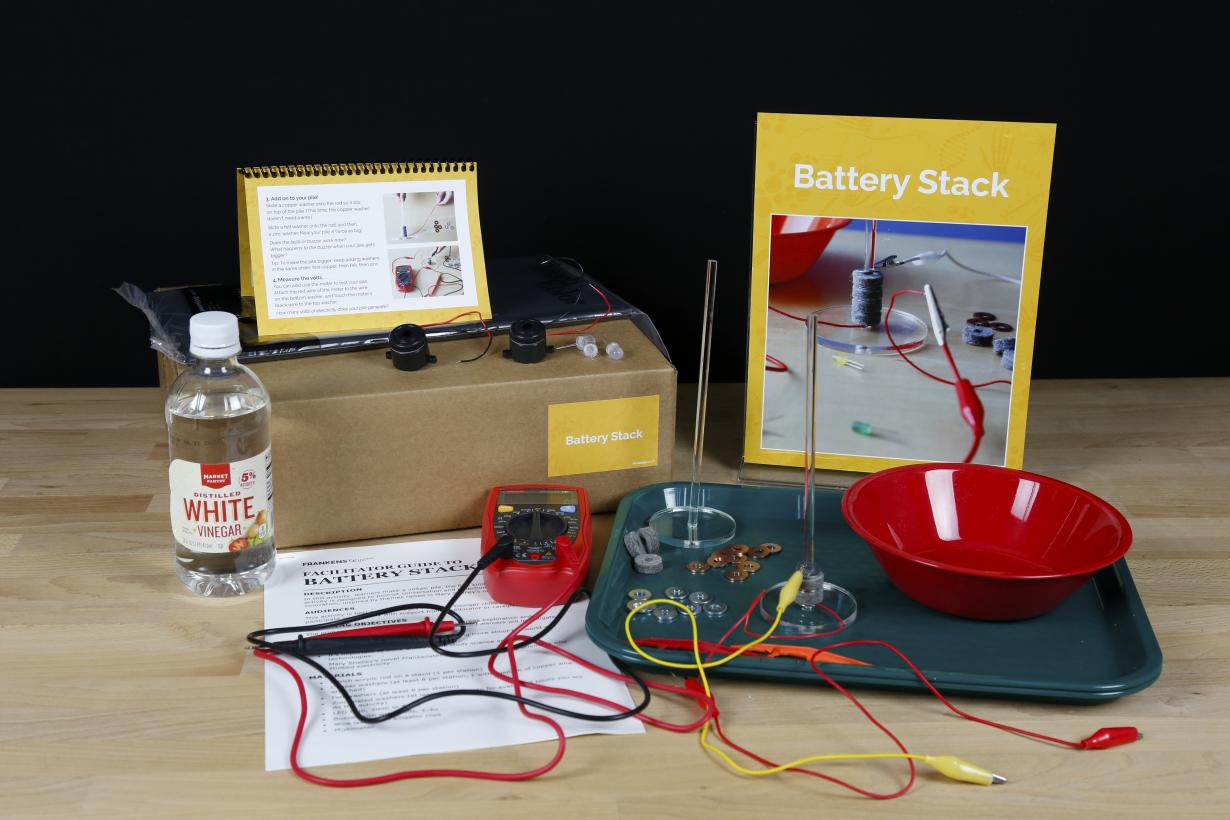
Energy
NISE Network professional learning resources
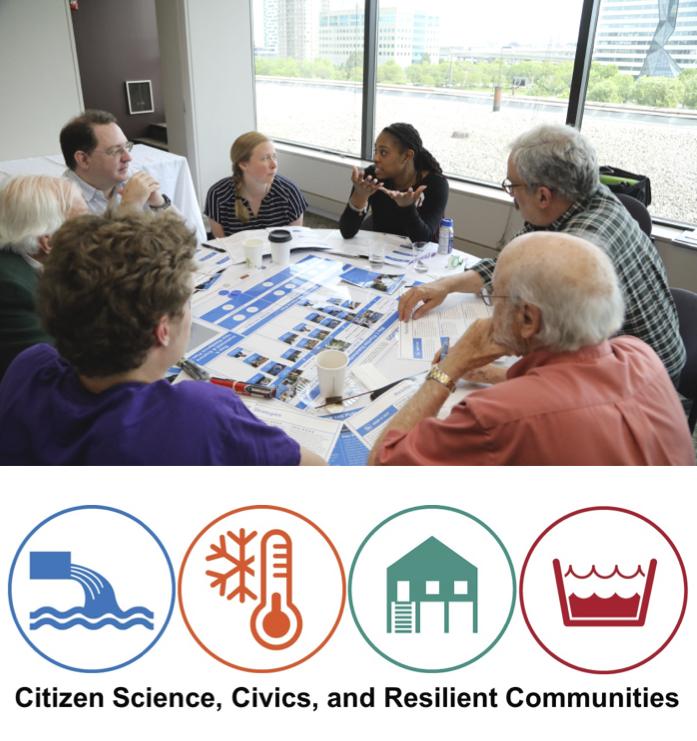
Citizen Science, Civics, and Resilient Communities (CSCRC)

Sustainability in Science and Technology Museums
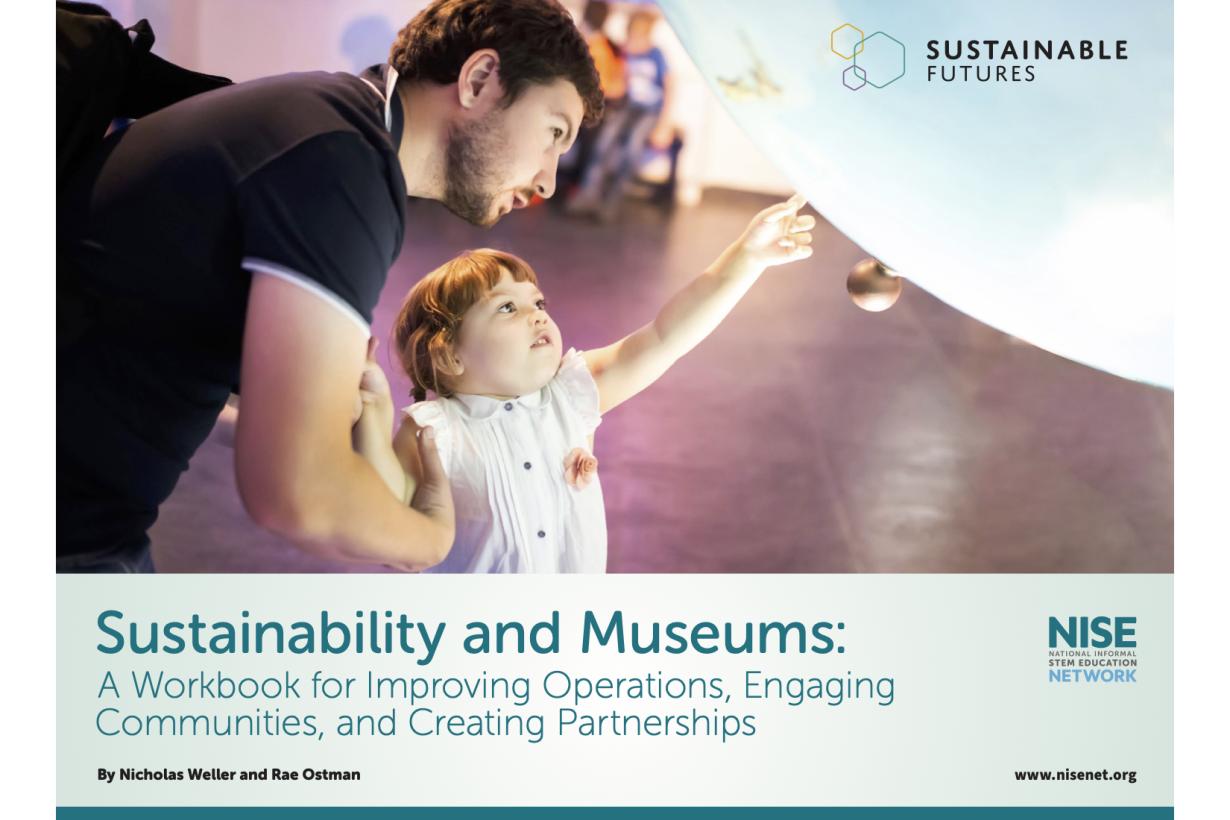
Professional Resources for Sustainability
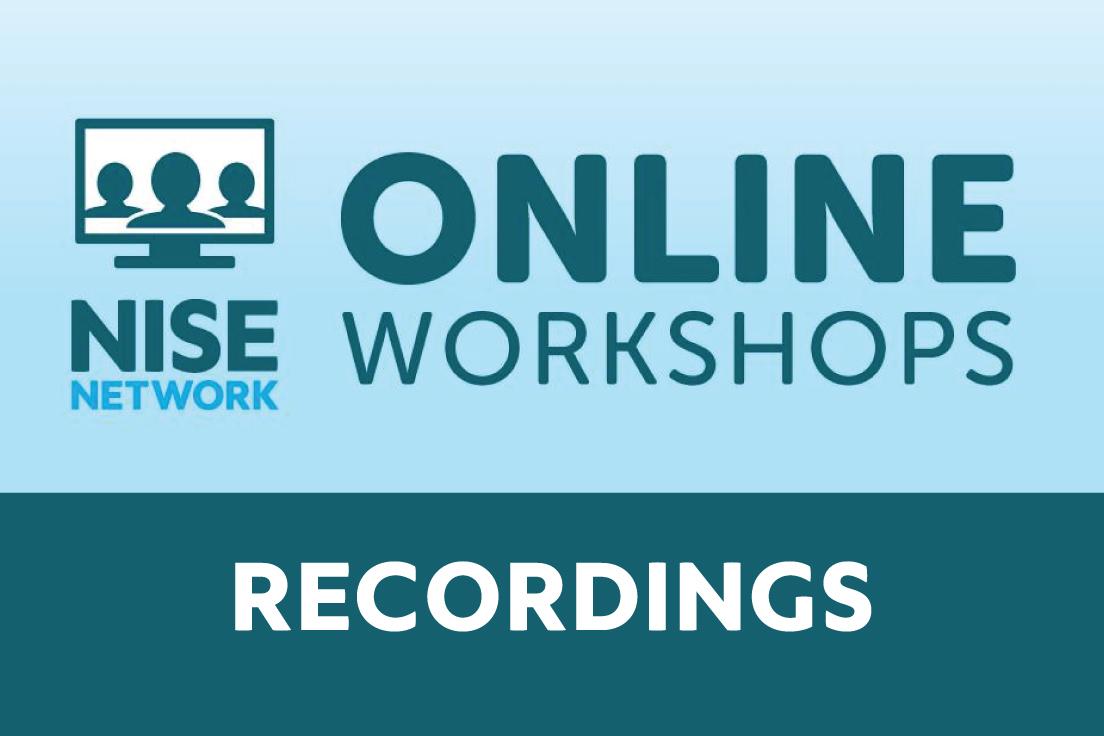
Online Workshop Recording: Communicating Climate Change to Diverse Audiences
Climate Hazard Resilience Forums

Climate Hazard Resilience Forum: Extreme Precipitation
Climate Hazard Resilience Forum: Drought
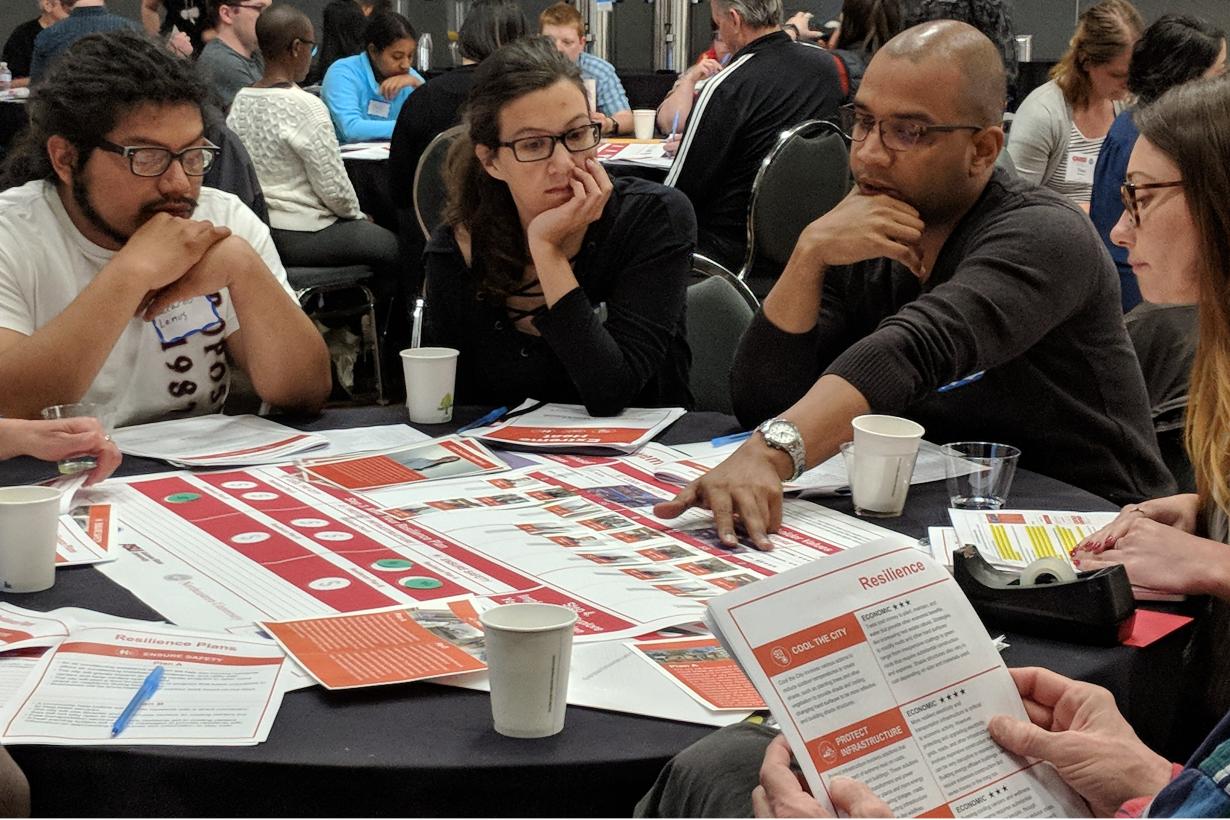
Climate Hazard Resilience Forum: Extreme Heat
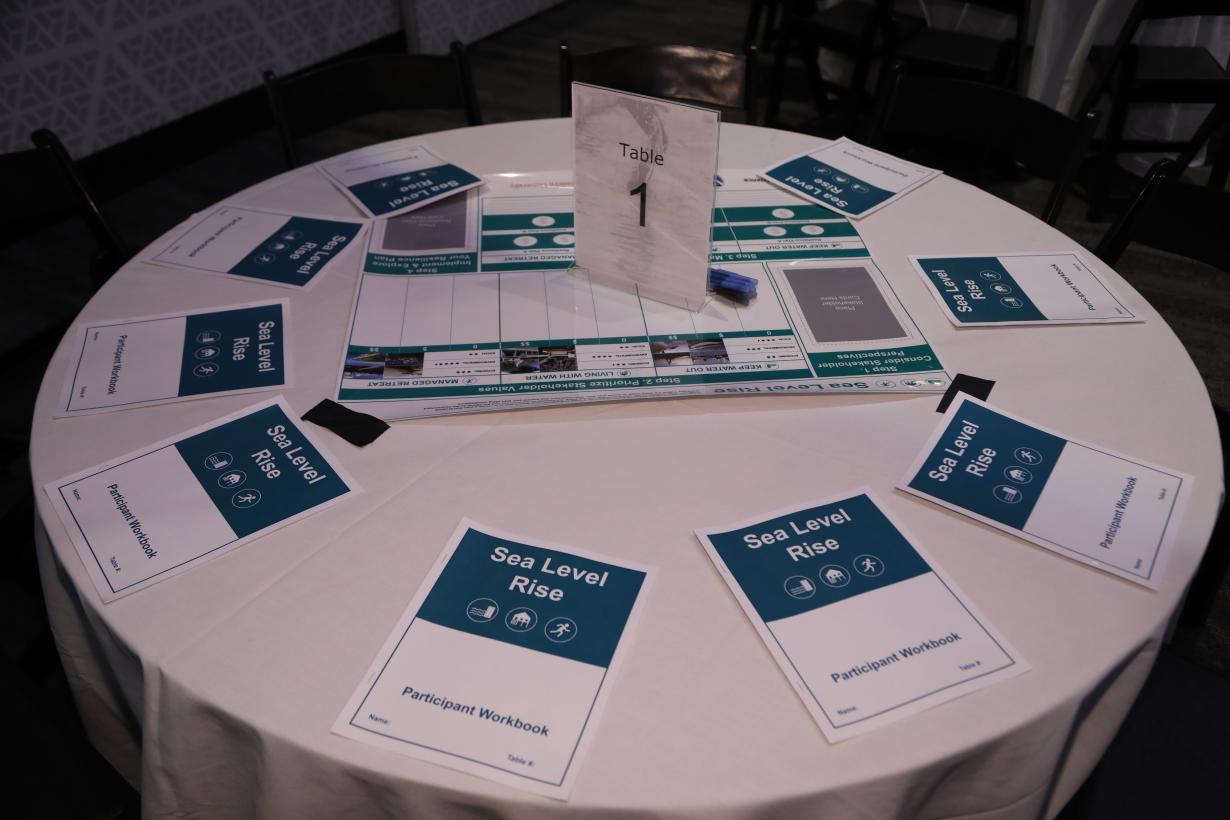
Climate Hazard Resilience Forum: Sea Level Rise

Citizen Science, Civics, and Resilient Communities (CSCRC)
Climate Change
Online digital libraries of educational materials
- Climate Literacy & Energy Awareness Network (CLEAN) collection of climate literacy and energy education materials https://cleanet.org
- NOAA Climate.gov https://climate.gov/teaching
- MADE CLEAR https://madeclear.thinkport.org
- PoLAR Hub https://thepolarhub.org
- Pacific Islands Climate Education Partnership http://pcep.prel.org
- NASA Climate Kids https://climatekids.nasa.gov
- NASA Earth Observatory EO Kids https://earthobservatory.nasa.gov/blogs/eokids/
- Howtosmile.org climate activities for informal science audiences https://www.howtosmile.org/topics/climate
- NSTA Our Beautiful Planet short films https://www.nsta.org/our-beautiful-planet
- CIRES Center for Education, Engagement and Evaluation (CEEE) resources
Professional learning
- National Network for Ocean and Climate Change Interpretation (NNOCCI) https://climateinterpreter.org
- NNOCCI resources https://climateinterpreter.org/resources
- NNOCCI and Frameworks Institute reframing cards for creating effective climate communication
- NNOCCI swamp graphic showing effective messaging language: productive (green), proceed with caution (yellow), and unproductive/avoid (red)
- NOAA The Essential Principles of Climate Literacy
- NOAA Toolbox for Teaching Climate & Energy
- NOAA Community Resilience Education Theory of Change
- Climate Change Educational Partnership Alliance Effective Practices Guide
- NPS Earth to Sky climate communication toolkit https://earthtosky.org/starter-kit.html
- CLEAN guide to teaching about climate
- PRI Teacher-Friendly Guide to Climate Change
- Project Drawdown - resources for climate solutions
- Regeneration - lists of climate solutions categorized for individuals, groups, companies, and governments
- climatechangeresources.org
- Museums & Climate Change Network
- Yale Climate Change Communication program
- NSF 2022 Climate Science, Children, & the Media Forum video recordings
- Association of Children's Museums "Children’s Museums and Climate Change" 2022
- Climate Mental Health Network
Climate change science
- NOAA https://www.noaa.gov/climate and https://www.climate.gov
- NASA https://science.nasa.gov/climate-change/
- NASA evidence https://science.nasa.gov/climate-change/evidence/NASA Earth Observatory https://earthobservatory.nasa.gov/
- NASA sea level change data tools https://sealevel.nasa.gov
- US Climate Resilience Toolkit https://toolkit.climate.gov
- National Academies https://www.nationalacademies.org/topics/climate
- US National Climate Assessment report https://nca2023.globalchange.gov/
- US National Climate Assessment atlas https://atlas.globalchange.gov/
- Public Health Institute A Physician’s Guide to Climate Change, Health and Equity
- UN Intergovernmental Panel on Climate Change (IPCC) https://www.ipcc.ch
- UN Climate Change https://unfccc.int
Communicating climate change science
- Yale Climate Change Communication program
- National Network for Ocean and Climate Change Interpretation (NNOCCI) https://climateinterpreter.org
- NNOCCI resources https://climateinterpreter.org/resources
- NNOCCI and Frameworks Institute reframing cards for creating effective climate communication
- NNOCCI swamp graphic showing effective messaging language: productive (green), proceed with caution (yellow), and unproductive/avoid (red)
- Frameworks Institute climate change reports https://www.frameworksinstitute.org/issues/climate-change-and-environment/
- Why Climate Change is Anti-Justice | Hot Mess
https://www.youtube.com/watch?v=Q5KjpYK12_c - Aspen Institute K-12 Climate Action https://www.k12climateaction.org
- How to talk about climate change and health https://climateforhealth.org
- Climate Change 101 - Climate Science Basics and health
https://climatehealthconnect.org/wp-content/uploads/2016/09/Climate101.pdf
Annual Weather Awareness, Seasons, and Climate Events
Groundhog Day (February 2)
- Use Exploring Earth: Bear's Shadow activity to make and experiment with shadows
- STEM topics to explore include: signs of spring (animals emerging from hibernation), signs of winter (clear, cold days), and seasons (February 2 lies midway between the winter solstice and the spring equinox)
- NASA Space Place seasons resources
Severe Weather Awareness Weeks (March, dates vary by state)
Severe weather may include flood, fire, lightning, hurricane, tornados, tsunami, earthquake, heat, and cold
- Please note that dates of awareness weeks vary by state:
https://www.weather.gov/safety/events_calendar - https://www.weather.gov/dvn/Awareness_Weeks
Earth Hour (mid-March)
Spring Equinox (March 19 or 20 in the Northern Hemisphere)
- Solstices and equinoxes provide opportunities for planning quarterly programs related to the Earth, Sun, and Moon (astronomical seasons) or your local environment (meteorological seasons)
- NISE Network Moon resources https://www.nisenet.org/moon
- NASA Space Place seasons resources
World Meteorology Day (March 23)
- World Meteorological Organization
https://public.wmo.int/en/resources/world-meteorological-day - NASA Climate Kids https://climatekids.nasa.gov/menu/weather-and-climate/
- NASA Meteorology: An Educator's Resource for Inquiry-Based Learning for Grades 5-9
- NOAA SciJinks How to read a Weather Map https://scijinks.gov/weather-map/
Earth Day (April 22)
- http://www.earthday.org/
- National Environmental Education Week (week of Earth Day) https://www.neefusa.org/education/eeweek
- NISE Network Earth Day resources www.nisenet.org/earthday
Lightning Safety Awareness Week (June)
- Please note that dates of awareness weeks vary by state:
https://www.weather.gov/safety/events_calendar - https://www.weather.gov/dvn/Awareness_Weeks
Summer Solstice (June 20 or 21 in the Northern Hemisphere)
- Solstices and equinoxes provide opportunities for planning quarterly programs related to the Earth, Sun, and Moon (astronomical seasons) or your local environment (meteorological seasons)
- Moon resources https://www.nisenet.org/moon
- NASA Space Place seasons resources
Fall Equinox (September 22 or 23 in the Northern Hemisphere)
- Solstices and equinoxes provide opportunities for planning quarterly programs related to the Earth, Sun, and Moon (astronomical seasons) or your local environment (meteorological seasons)
- Moon resources https://www.nisenet.org/moon
- NASA Space Place seasons resources
Winter Solstice (December 20 or 21 in the Northern Hemisphere)
- Solstices and equinoxes provide opportunities for planning quarterly programs related to the Earth, Sun, and Moon (astronomical seasons) or your local environment (meteorological seasons)
- Moon resources https://www.nisenet.org/moon
- NASA Space Place seasons resources
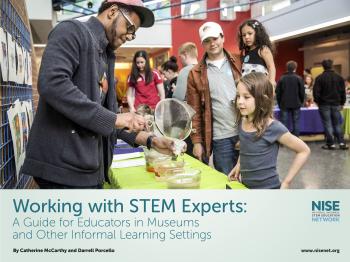
Finding STEM Experts
- See the "Space and Earth Science" and "Environmental Sciences" sections of Working with STEM Experts: A Guide for Educators in Museums and Other Informal Learning Settings
